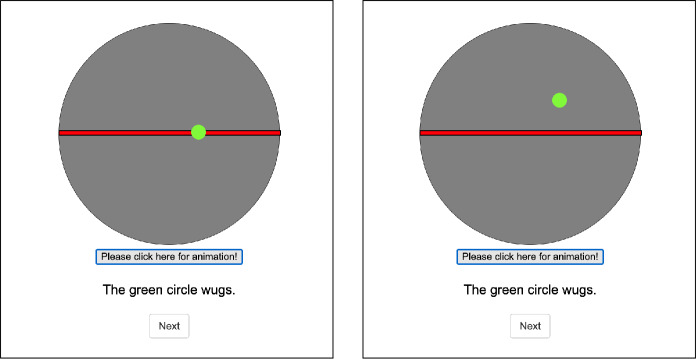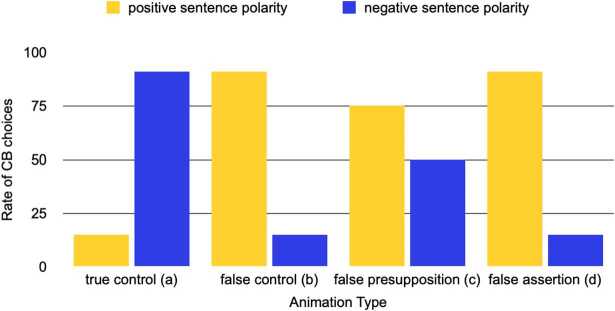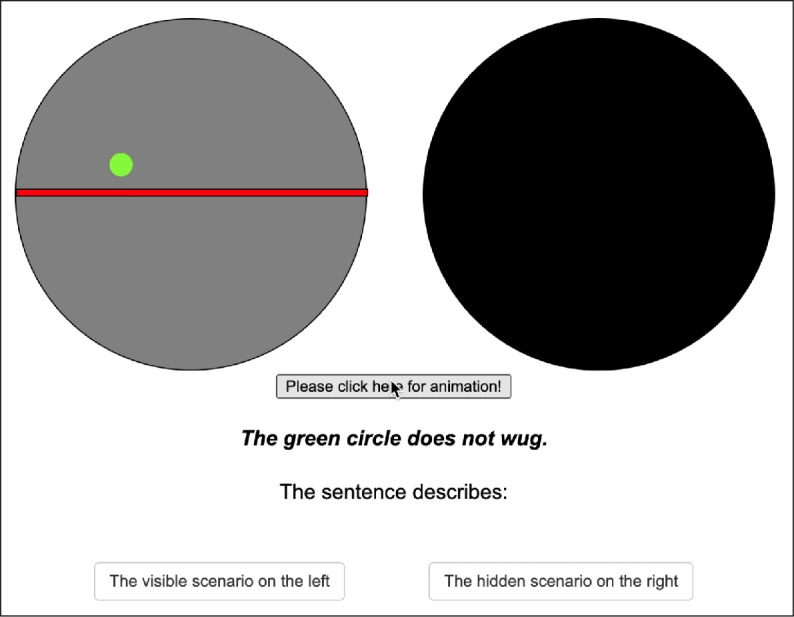单词学习任务是了解预设触发问题的窗口。
IF 0.9
1区 文学
0 LANGUAGE & LINGUISTICS
Natural Language Semantics
Pub Date : 2024-01-01
Epub Date: 2024-10-14
DOI:10.1007/s11050-024-09224-5
引用次数: 0
摘要
在本文中,我们展示了母语为英语的人自发地将一个新词的复杂意义分为预设成分和断言成分。这些结果论证了一种有效的预设触发算法的存在,这种算法既不是基于替代词项,也不是基于上下文的显著性。在方法论层面上,所提出的学习范式可用于进一步检验与词汇属性和概念偏见的相互作用有关的理论。本文章由计算机程序翻译,如有差异,请以英文原文为准。



Word learning tasks as a window into the triggering problem for presuppositions.
In this paper, we show that native speakers spontaneously divide the complex meaning of a new word into a presuppositional component and an assertive component. These results argue for the existence of a productive triggering algorithm for presuppositions, one that is not based on alternative lexical items nor on contextual salience. On a methodological level, the proposed learning paradigm can be used to test further theories concerned with the interaction of lexical properties and conceptual biases.
求助全文
通过发布文献求助,成功后即可免费获取论文全文。
去求助
来源期刊

Natural Language Semantics
Multiple-
CiteScore
1.90
自引率
27.30%
发文量
12
期刊介绍:
Natural Language Semantics is devoted to semantics and its interfaces in grammar, especially syntax. The journal seeks to encourage the convergence of approaches employing the concepts of logic and philosophy with perspectives of generative grammar on the relations between meaning and structure. Natural Language Semantics publishes studies focused on linguistic phenomena as opposed to those dealing primarily with the field''s methodological and formal foundations. Representative topics include, but are not limited to, quantification, negation, modality, genericity, tense, aspect, aktionsarten, focus, presuppositions, anaphora, definiteness, plurals, mass nouns, adjectives, adverbial modification, nominalization, ellipsis, and interrogatives. The journal features mainly research articles, but also short squibs as well as remarks on and replies to pertinent books and articles.The journal has an Editorial Assistant, Christine Bartels, a copy editor with a PhD in linguistics who personally shepherds accepted manuscripts through the production process.Since 2009 this journal is covered by ISI/Social Sciences Citation Index.Springer fully understands that access to your work is important to you and to the sponsors of your research. We are listed as a green publisher in the SHERPA/RoMEO database, as we allow self-archiving, but most importantly we are fully transparent about your rights. Read more about author''s rights on: http://www.springer.com/gp/open-access/authors-rights
 求助内容:
求助内容: 应助结果提醒方式:
应助结果提醒方式:


